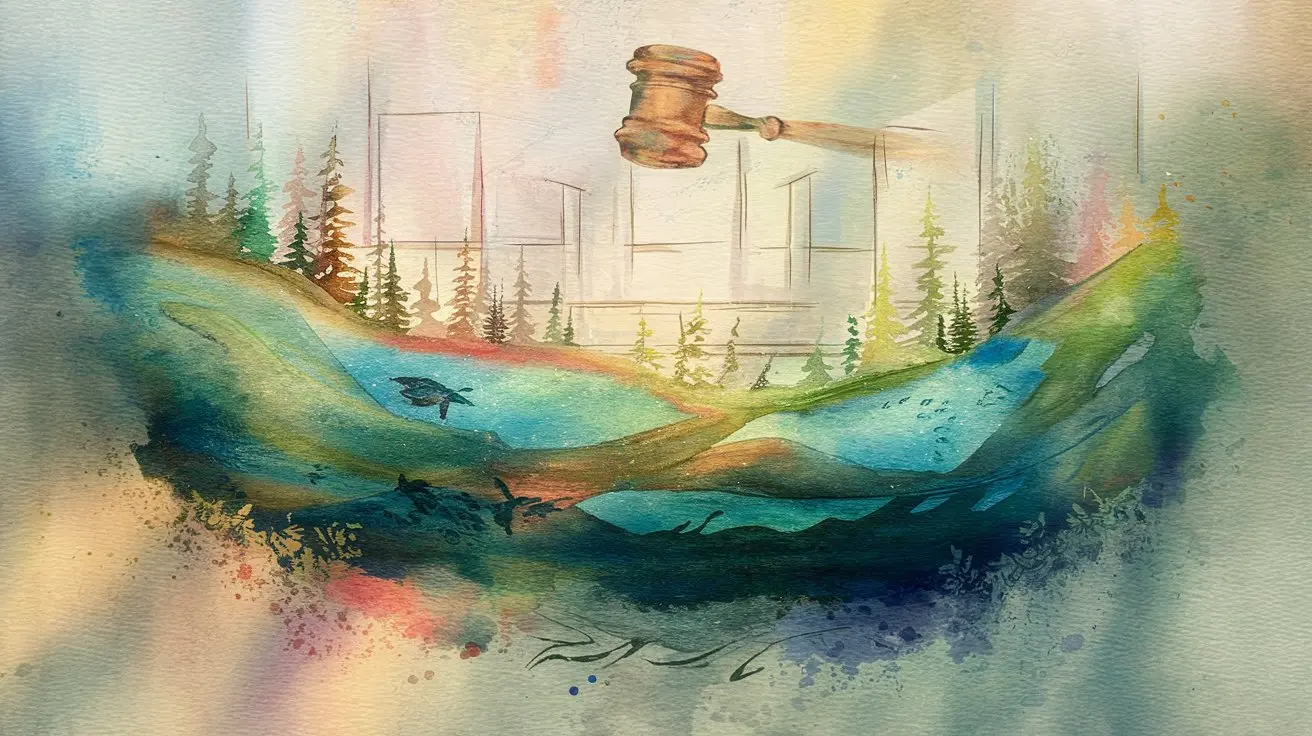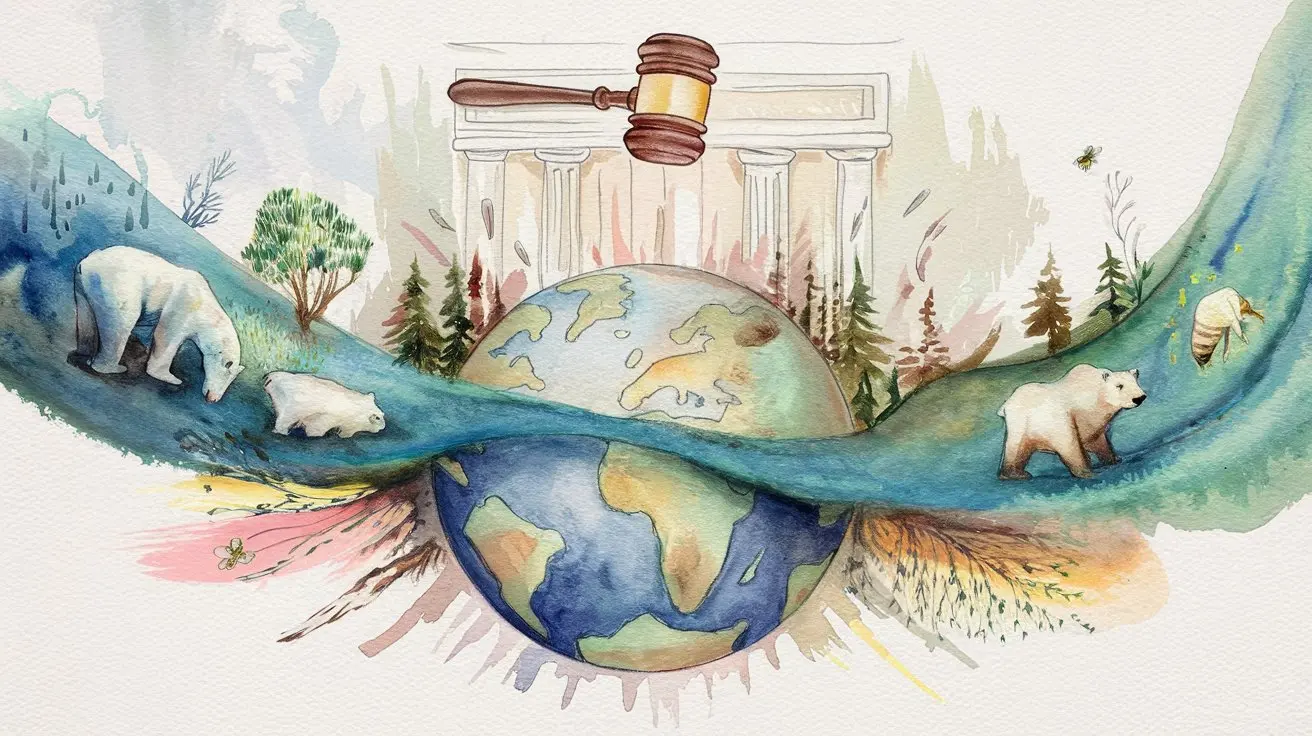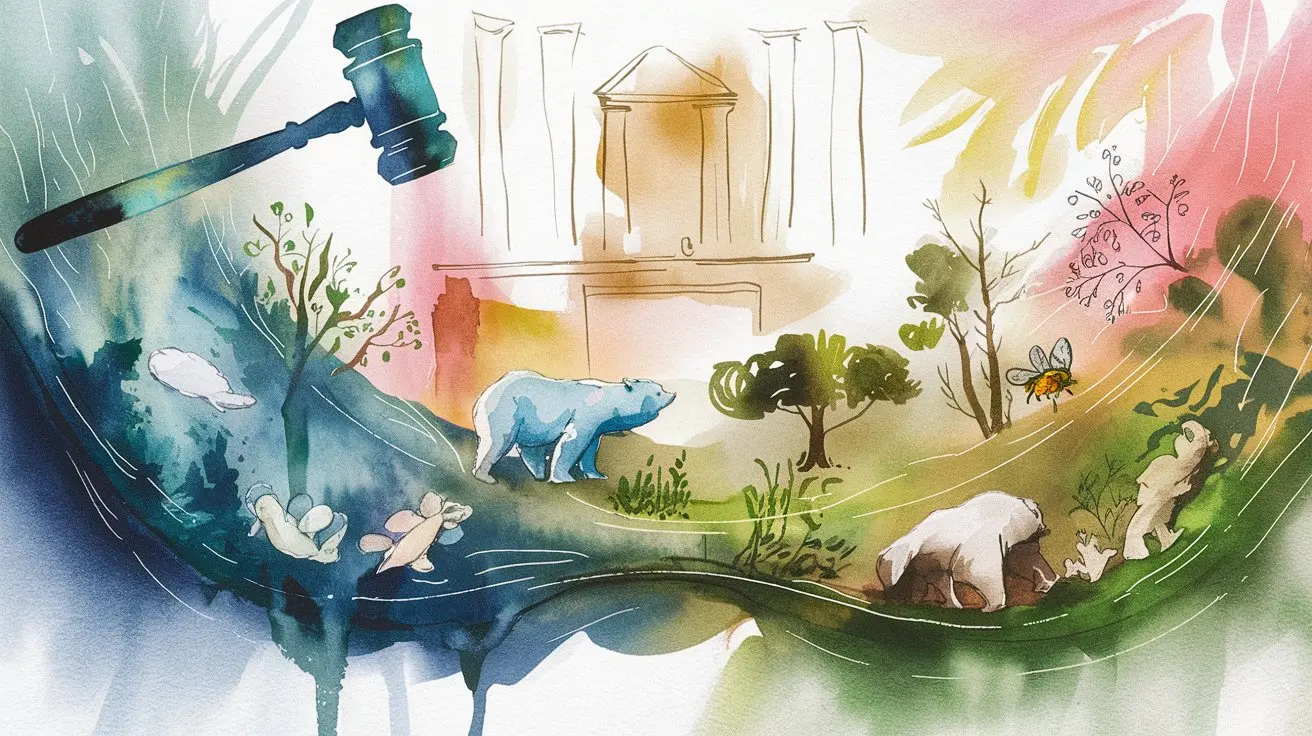Imagine a world where the Earth's ecosystems could sue humanity for the destruction we've inflicted upon them. In this thought-provoking hypothetical trial, we'll explore the top 5 charges against humanity, and present a defense on our behalf. Join us as we delve into the complexities of this unprecedented case.
The Plaintiff: The Earth's Ecosystems (represented by the collective voice of the planet's natural systems) The Defendant: Humanity (represented by the United Nations, on behalf of all nations and peoples) Case No.: Terra-001: Destruction of the Earth's Ecosystems
Top 5 Charges Against Humanity
Charge 1: Crimes Against Biodiversity
- The Allegation: Humanity's actions have led to the extinction of countless species, compromising the delicate balance of ecosystems.
- The Evidence:
- Deforestation and habitat destruction (e.g., Amazon rainforest, coral reefs)
- Pollution (e.g., plastic waste, oil spills, pesticides)
- Climate change (e.g., rising temperatures, sea-level rise)
- The Potential Penalty: Restoration of damaged habitats, reparation for lost species, and implementation of stringent conservation measures.
The Biodiversity Crisis: A Devastating Reality Humanity's impact on the natural world has led to an unprecedented loss of biodiversity. The consequences of this crisis are far-reaching, affecting not only the environment but also human societies and economies.
Charge 2: Atmospheric Assault
- The Allegation: Humanity's greenhouse gas emissions have severely damaged the Earth's atmosphere, leading to climate change.
- The Evidence:
- Rising CO2 levels (415+ ppm)
- Increasing global temperatures (1.1°C above pre-industrial levels)
- Consequences (e.g., more frequent natural disasters, sea-level rise)
- The Potential Penalty: Immediate, drastic reductions in emissions, transition to renewable energy sources, and implementation of carbon capture technologies.
Climate Change: A Pressing Global Issue The science is clear: human activities are significantly contributing to climate change. The need for urgent action has never been more pressing, as the consequences of inaction will be catastrophic.
Charge 3: Water Pollution and Mismanagement
- The Allegation: Humanity's reckless use and pollution of water resources have harmed ecosystems and human populations.
- The Evidence:
- Plastic pollution in oceans (8 million tons annually)
- Chemical contamination of freshwater sources (e.g., pesticides, industrial waste)
- Inefficient water management (e.g., droughts, floods)
- The Potential Penalty: Implementation of effective waste management systems, restoration of polluted water bodies, and adoption of sustainable water practices.
The State of Our Water Resources: A Growing Concern Humanity's relationship with water is complex and often unsustainable. The consequences of our actions are far-reaching, affecting both the environment and human societies.
Charge 4: Soil Degradation and Land Misuse
- The Allegation: Humanity's activities have led to widespread soil erosion, degradation, and misuse of land resources.
- The Evidence:
- Deforestation and land conversion (e.g., for agriculture, urbanization)
- Soil pollution (e.g., chemical fertilizers, pesticides)
- Loss of arable land (e.g., due to desertification, urban sprawl)
- The Potential Penalty: Implementation of sustainable land-use practices, reforestation efforts, and restoration of degraded soils.
The Importance of Sustainable Land Use: A Delicate Balance Humanity's impact on the land is multifaceted, with far-reaching consequences for the environment and human societies. Adopting sustainable land-use practices is crucial for a livable future.
Charge 5: Nuclear and Toxic Waste Mismanagement
- The Allegation: Humanity's handling of nuclear and toxic waste has posed significant, long-term threats to the environment and human health.
- The Evidence:
- Nuclear accidents (e.g., Chernobyl, Fukushima)
- Improper disposal of toxic waste (e.g., hazardous chemicals, plastics)
- Lack of adequate storage facilities
- The Potential Penalty: Development and implementation of safe, long-term storage solutions for nuclear and toxic waste, and immediate remediation of contaminated sites.




What if Earth's ecosystems could sue humanity for their destruction?